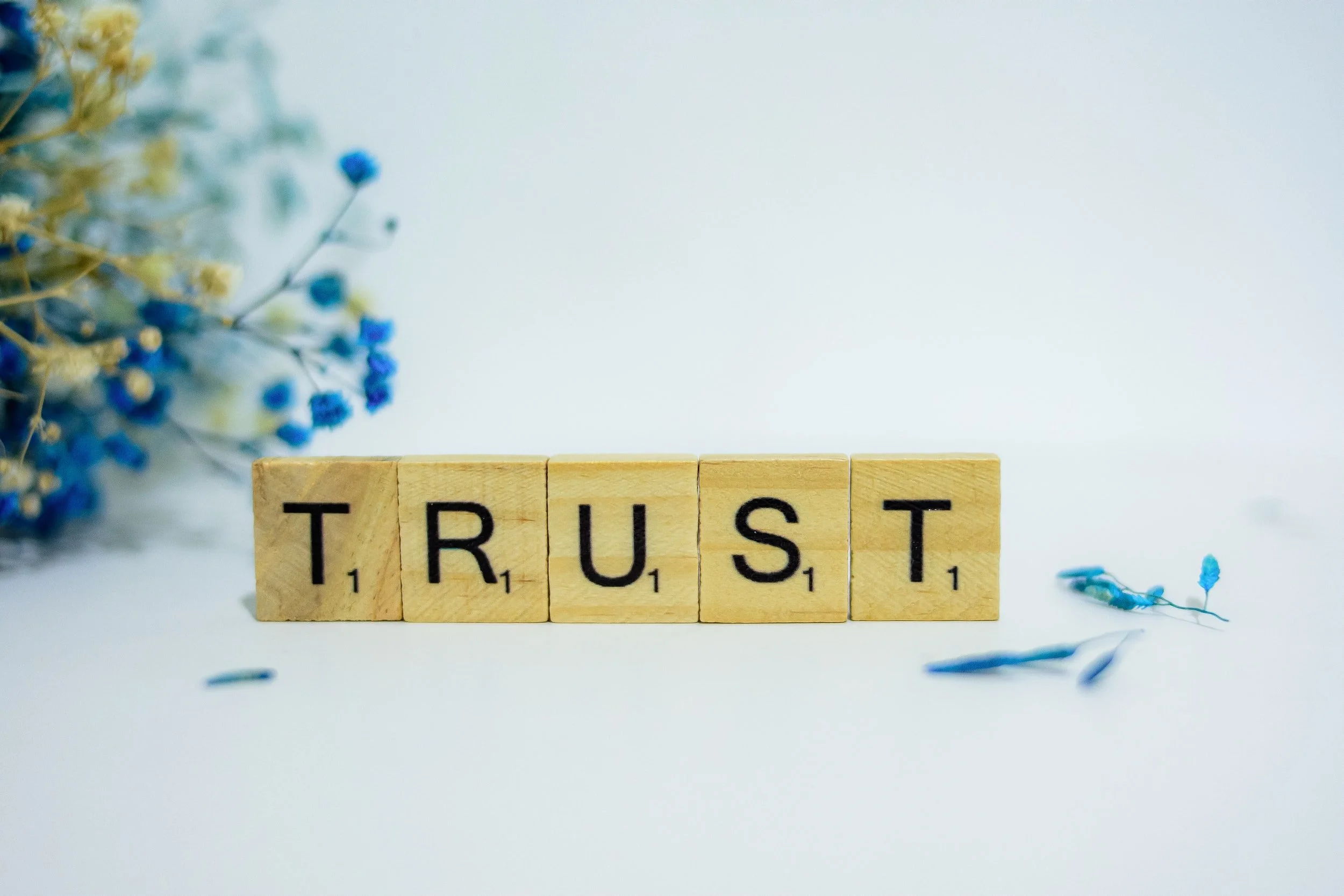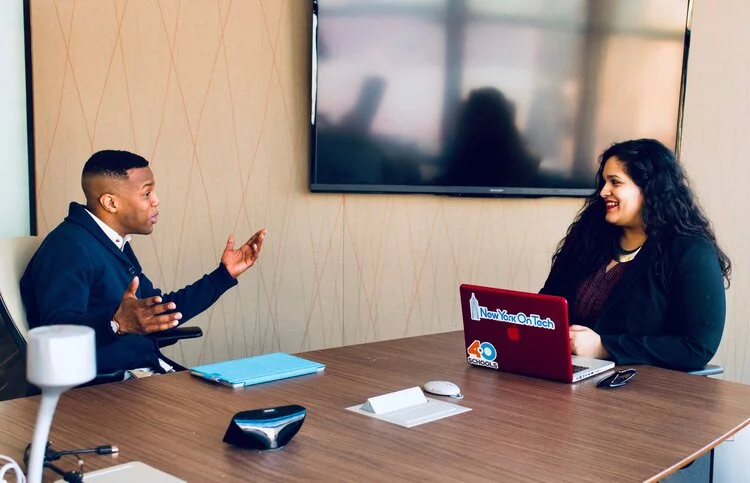The Importance of Rest and Time Away
When I was in physics in high school, I remember learning about the concept of momentum and inertia. We learned that an object’s momentum in space, a vacuum, will neither increase nor decrease unless something impedes or accelerates its inertia. However, on earth, because inertia must work against the force of gravity, an objects momentum will increase or decrease. Or something like that. It’s been a long time since I was in physics. But as I was talking to a friend about productivity and momentum, I thought it was a good metaphor.
Our gravity is our lives: our physical needs, our emotions, our trauma, our exhaustion, our relationships, and everything else we deal with. Therefore, it’s natural that we lose momentum. And rather than beat ourselves up about it — blaming ourselves for procrastination or feeling overwhelmed — what would it look like to simply accept the loss of momentum as a part of the cycle of our journey to success and achievement?
So many leaders we work with have gotten to where they are specifically because they have worked so hard to be there. They have had the long days and long nights. They have worked through the weekends. They have worked on company breaks. All of it is to support the mission, organization, or communities they serve. So, in some ways, we have come to accept this as natural. But constantly working without time to rest and recharge is anything but natural.
Back in 2019, a study revealed a record 768 million US vacation days went unused with so many of those days forfeited that the cost crossed over $65 billion in lost benefits. These days, we can point to a number of medical studies that show why not taking time off is bad for you and your performance. Between the “always on” culture we have created through the convenience of smart phones, tablets, and social media and the pressure to deliver, it is all too easy for people - especially in professional, salaried, or leadership roles - to feel like they must always be working. The World Health Organization conducted a study that concluded that working long hours (considered more than 55 hours per week) was connected to higher chances of having ischemic heart disease and stroke.
The constant work grind can also be counter-productive. Most people work long hours in an effort to produce and deliver. Yet we know that long work hours and lack of breaks can actually cause us to be less creative and productive. Tasks that would take minutes before might now take an hour. Our ability to be creative, strategic, and nimble begins to feel like pumping air into a ball that has a bunch of holes in it. So while we might work longer hours or more days, we might also be getting far less done.
So take some time off! No, really, take a couple weeks off. A study conducted by Apple Vacations revealed that it took the average person 4 days to stop thinking about work, even when they had taken the time off. That means that for most professionals, if you take a typical work-week vacation of 5 business days, you likely have only truly taken a day away. The benefits of your vacation likely aren’t going to kick in. Check out this article from Everyday Health for more about those benefits.
Even if you do take longer vacations, it’s important to make breaks part of your day and your week. Those week long, even month-long breaks, won’t make up for days, weeks, or months of a constant grind. You will still feel the burnout. So as we head into the end of this year, a time when so many of us get time away, and a time when InspirED Solutions will also take a break from our work, try to be as intentional as possible about truly resting, disconnecting from your work, and coming back with a plan to infuse more time off into your work life.






